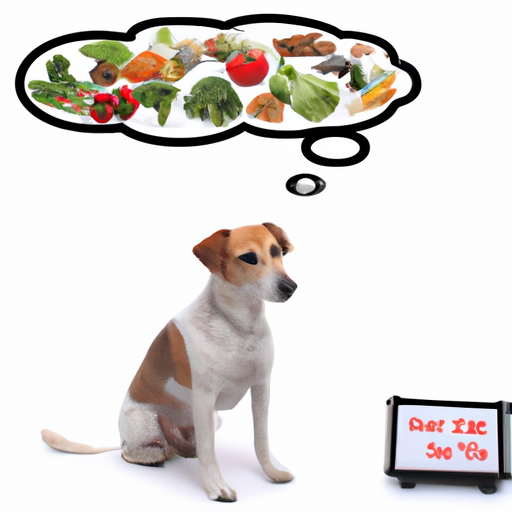As a responsible and caring pet owner, making sure your dog is getting the right nutrients in their diet is essential. It’s not just about keeping them full, it’s about keeping them healthy and happy for years to come. This guide will help you understand what your dog needs in their diet and how you can provide it.
1. Proteins and Amino Acids
Just like humans, dogs need proteins and amino acids in their diet to build and maintain strong muscles. Proteins are the building blocks of cells and tissues, and they play a crucial role in the overall health of your pet.
Dogs, being carnivorous by nature, require a variety of animal proteins. These could be from meat, poultry, fish, and dairy products. Plant proteins, such as those from grains and vegetables, can also contribute to their diet but are not as easily digestible or as complete in amino acid profiles as animal proteins.
- Sources of Animal Proteins:
- Beef
- Chicken
- Fish
-
Eggs
-
Sources of Plant Proteins:
- Grains (like rice, oats)
- Vegetables (like peas, spinach)
2. Fats and Fatty Acids
Fats are an essential part of your dog’s diet. They provide energy, support cell growth, protect the organs, and help in the absorption of certain vitamins. Fatty acids like Omega-3 and Omega-6 are essential for maintaining a healthy coat and skin.
- Sources of Fats:
- Animal fats
- Fish oils
- Vegetable oils
3. Carbohydrates
While dogs do not require carbohydrates in the same way humans do, they can be a valuable source of quick energy and fiber. Fiber aids in digestive health by promoting regular bowel movements.
- Sources of Carbohydrates:
- Whole grains
- Fruits
- Vegetables
4. Vitamins and Minerals
Vitamins and minerals play a crucial role in your dog’s health, aiding in digestion, bone health, nerve function, and more. Dogs require a balance of both macro and micro minerals.
| Macro Minerals | Micro Minerals |
|---|---|
| Calcium | Iron |
| Phosphorus | Zinc |
| Potassium | Copper |
5. Water
Water is the most important nutrient in any diet, including your dog’s. It helps in digestion, nutrient absorption, regulation of body temperature, and more. Always ensure your dog has access to clean, fresh water.
FAQ Section
Q: Can I feed my dog a vegetarian diet?
A: Dogs are omnivores, meaning they can eat a mix of meat and plant-based foods. However, a purely vegetarian diet may not provide all the nutrients your dog needs. It’s best to consult with a vet before making this decision.
Q: How much food should my dog eat?
A: This can vary based on your dog’s age, size, and activity level. As a general rule, an active adult dog should eat about 2.5% of their body weight daily.
Q: Is it okay to feed my dog human food?
A: Some human foods can be safe and even beneficial for dogs. However, others can be toxic. Always do your research or consult with a vet before feeding your dog human food.
Remember, every dog is unique and may have specific dietary needs. Always consult with a vet or a pet nutrition expert to tailor the best diet for your dog.



